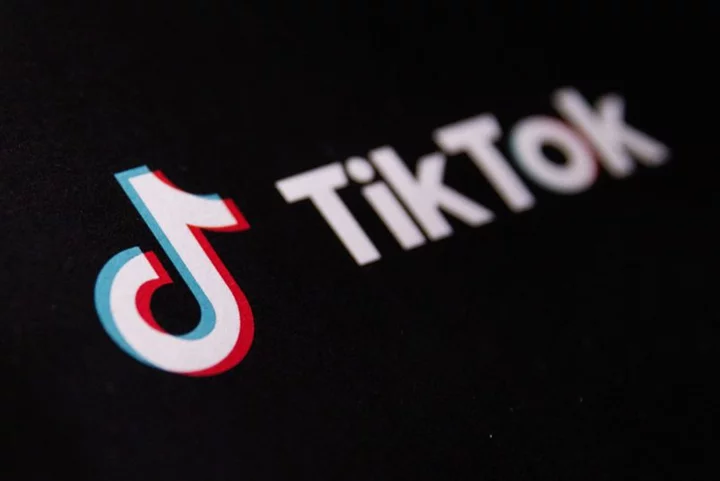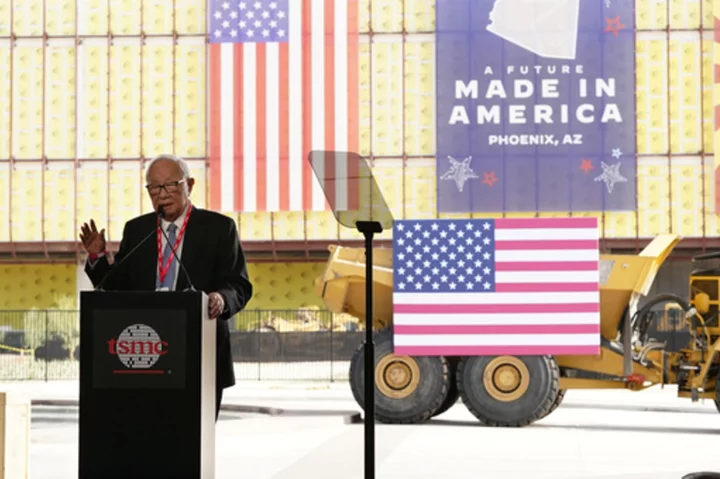By Stefanno Sulaiman
JAKARTA TikTok told Reuters it is in early-stage talks with regulators to obtain a payments licence in Indonesia, a move that would further its e-commerce ambitions in a major market at a time when it is under intensifying scrutiny in the U.S. and elsewhere.
The news follows an announcement by TikTok CEO Shou Zi Chew in June that the short video platform would invest billions of dollars in Indonesia and the rest of Southeast Asia.
Two sources briefed on the plan said TikTok, which is owned by Chinese tech giant ByteDance, was in discussions with Indonesia's central bank and that the application was being viewed favourably.
A spokesperson for TikTok confirmed on Friday that the talks were taking place, adding that an Indonesian payments licence would help local creators and sellers on its platform.
The sources declined to be identified as the negotiations were confidential. A representative for the central bank, Bank Indonesia, did not respond to a request for comment.
A payments licence would enable TikTok to benefit from transaction fees and put it more directly in competition with Southeast Asian e-commerce giants, Sea's Shopee and Alibaba's Lazada.
TikTok has 125 million Indonesian users per month - on par with its user figures for Europe and not too far behind the U.S., where it has 150 million.
Douyin, the Chinese counterpart to TikTok that is also owned by ByteDance, obtained a Chinese payments licence in 2020. It was not immediately clear if TikTok has obtained a payments license elsewhere in the world. ByteDance and TikTok did not immediately respond to a request for comment on licences.
Indonesia, with a population of more than 270 million, accounted for nearly $52 billion worth of e-commerce transactions last year, according to data from consultancy Momentum Works. Of that, 5% took place on TikTok, principally through live-streaming, it said.
TikTok plans to launch an e-commerce platform to sell China-made goods in the United States this month. It has told Reuters it does not plan to launch the service in Indonesia, where senior officials have expressed concern that the country could be flooded with Chinese-made imports.
TikTok has faced growing concern in the U.S. about possible Chinese government influence over it. The White House and many U.S. state governments have banned its use on government devices and the state of Montana plans to ban it altogether from next year.
The company has stated it has not shared, and would not share U.S. user data with the Chinese government, and has taken substantial measures to protect the privacy and security of TikTok users.
Australia and Canada have also banned the use of TikTok on government devices.
(Reporting by Stefanno Sulaiman; Additional reporting by Josh Ye in Hong Kong; Editing by Edwina Gibbs)









